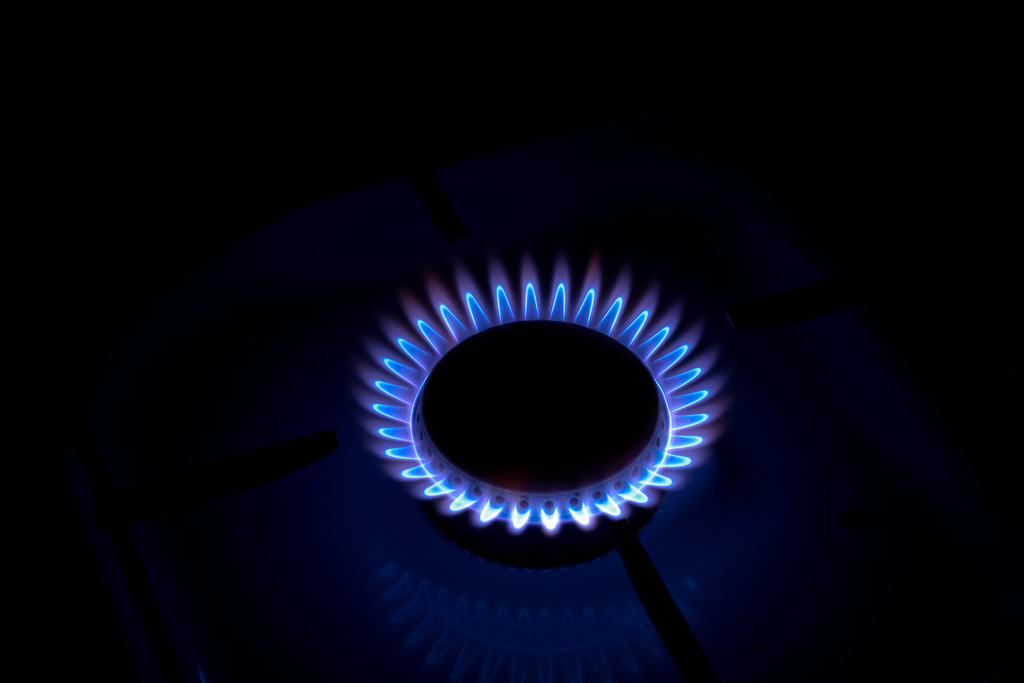Energy efficiency should be the centrepiece of the EU’s energy strategy in order to reduce Europe’s reliance on imported gas, according to a report by think tank IPPR.
IPPR notes that 24 out of 28 states currently import Russian gas worth around €31 billion a year. The destabilising effect of the Ukrainian crisis has caused a number of EU nations to assess their energy security.
The think tank has calculated that improving the EU’s energy efficiency by 35% by 2030 could cut gas dependancy by a third – representing a saving of half a trillion euros.
“The European Commission did not initially propose a 2030 energy efficiency target, but at least seven European governments – including Germany but also crisis-hit countries such as Greece and Portugal – strongly favour setting one. It is both the cheapest means of cutting carbon output, and essential for improving European energy security.
“European leaders should adopt a new, binding EU-wide target for energy efficiency of 35% by 2030. This level of ambition would enable Europe to cut gas imports by a third, equivalent to the proportion of the EU’s gas demand that is currently met by Russia. Britain should overcome its aversion to an energy efficiency target as part of its broader response to Russian aggression.”
.
Brian Smithers, strategic development director, Rexel UK welcomed the recommendation to focus on energy efficiency, he said: “IPPR highlights the crucial role that energy efficiency improvements can bring not just to the security of our energy supply, but to the EU economy as a whole. Many technologies already exist which could make a massive impact on our energy use. The obvious ones are low energy versions of existing technology such as LED lighting, but businesses and consumers should also consider energy auditing and monitoring to understand where the greatest savings could be made.”
IPPR also recommends that the EU should adopt an EU-wide binding commitment to ensure that 30% of its energy should come from renewables by 2030 – something that the UK has previously argued against.
“Renewable energy technologies should also be considered,” added Smithers. “With government incentives such as feed-in tariffs for solar and the renewable heat incentive, widely available and easy to install technologies such as ground and air source heat pumps, solar PV and solar thermal have become more affordable and can help to reduce our reliance on the grid and therefore on imported natural gas.”
However, Smithers believes that education remains a key challenge facing the adoption of both energy efficiency measures and renewables. He explained: “The challenge is always education. In order for energy efficiency to be adopted at scale, we must educate consumers and the business community of the long-term financial and environmental advantages as the first step. Changing attitudes and behaviour will be the key to driving forward the energy efficiency revolution across Europe.”
.






